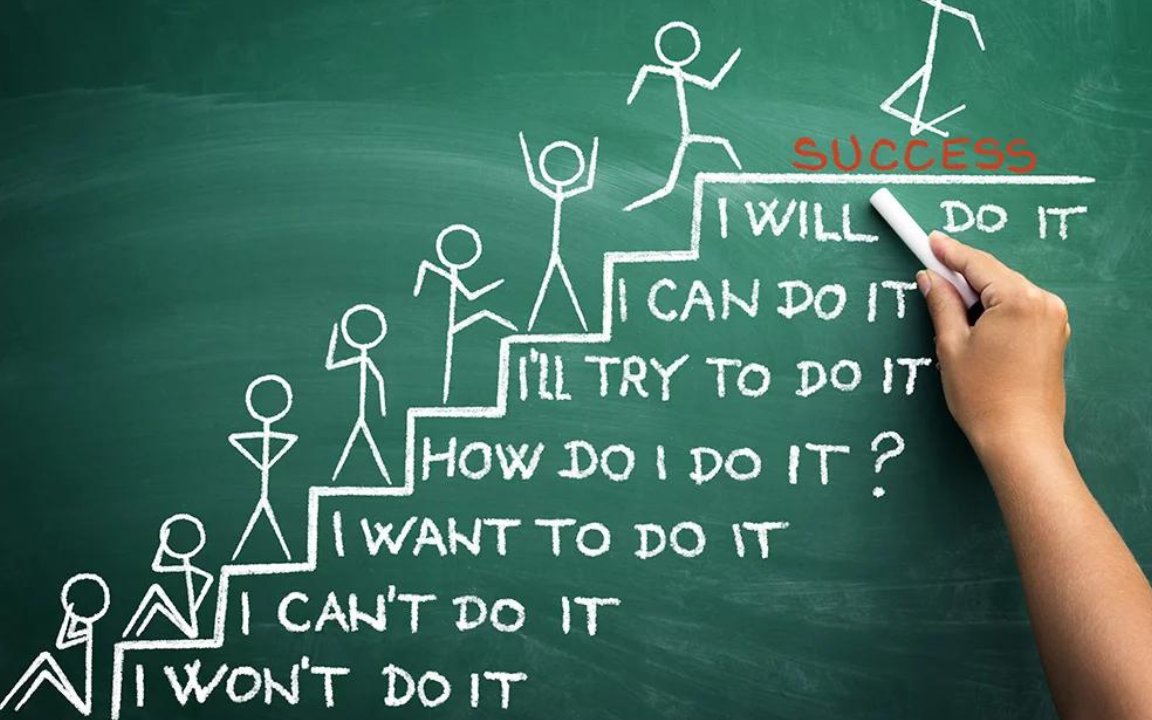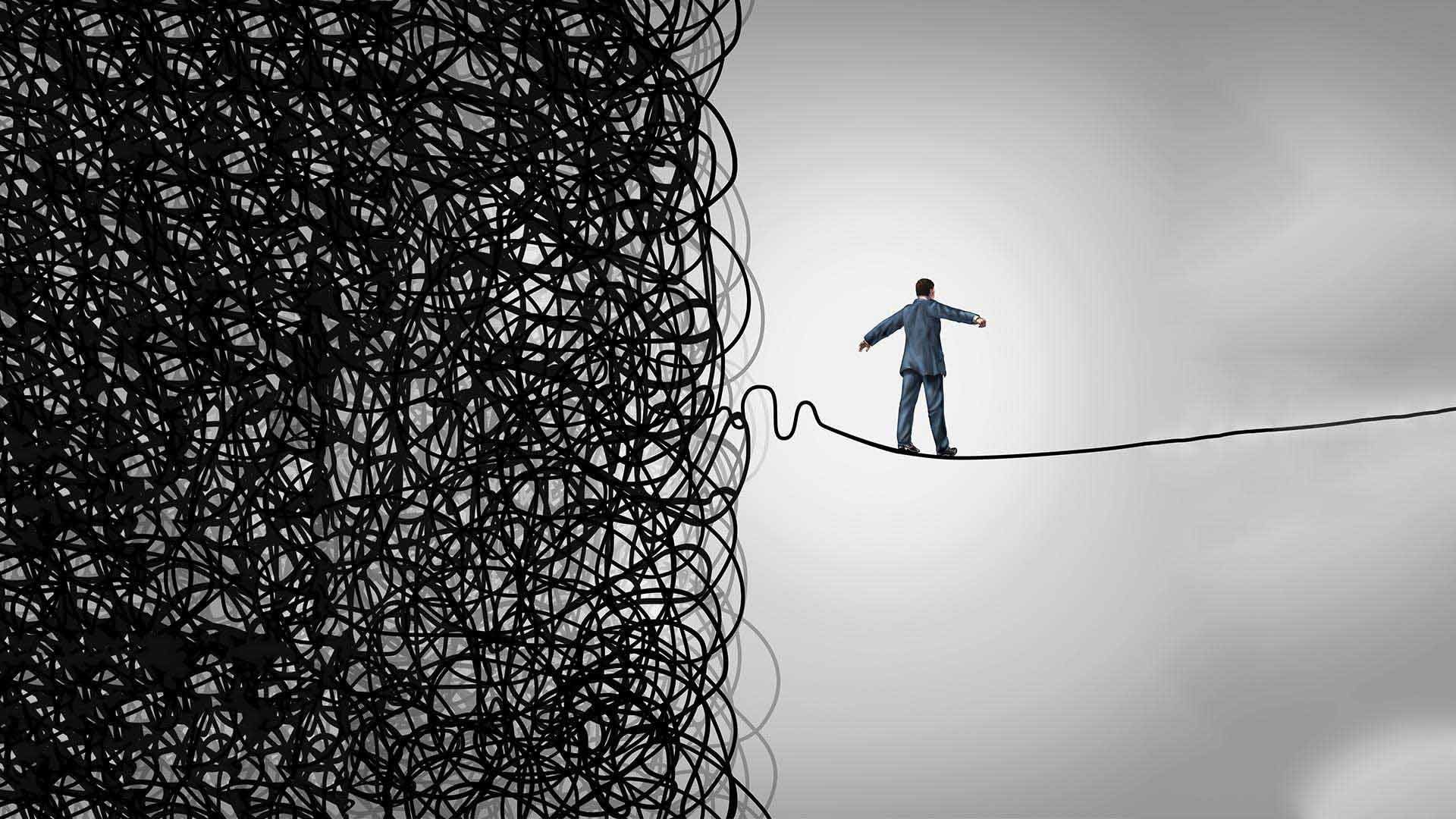How to Use Fear to Build Character: Lessons from Overcoming Anxiety and Self-Doubt
Fear. It’s something that most people try their best to avoid. Whether it’s fear of failure, fear of change, or fear of the unknown, it has a way of making us feel small and stuck. But here’s the truth: fear isn’t something to run from. In fact, fear is necessary. It can actually help us grow and build character if we face it head-on.
My Struggle with Fear: More Than Just Trying New Things
For years, I struggled with fear—not just the typical fear of trying new things or pursuing success, but a deeper, more unsettling fear: the fear of life itself. Anxiety, worry, and doubt became constant companions, and for a long time, I didn’t even realize how much these emotions were holding me back.
I wasn’t just afraid of failing at something new. I was afraid of taking any risks at all. I was afraid of making mistakes, of losing things I never even had. Does that sound familiar to you? Have you ever been afraid of losing an opportunity that you never actually gave yourself the chance to pursue?
Here’s the kicker: I didn’t understand what was truly driving my fear. I thought it was all about failing or not measuring up. But deep down, my real fear was something much bigger. I was afraid of dying without a purpose. I had this nagging feeling that I was meant to accomplish more in life, but I let fear stop me from moving forward.
The Truth About Fear: It’s a Tool, Not an Enemy
Fear is a natural, biological response. Our brains are hardwired to protect us from danger, whether it’s real or perceived. But often, this protective instinct holds us back from exploring new opportunities, stepping outside our comfort zone, or taking risks. Fear convinces us that staying comfortable is the safer option. But here’s the problem: staying comfortable means staying stuck.
We tend to see fear as an enemy, but what if we viewed it differently? What if fear is actually a tool—something that can help us take a closer look at our lives and push us to grow? Instead of seeing fear as something that stops you, try seeing it as an internal alarm. It’s a signal, built from past experiences and memories, that’s telling you to pay attention. It’s asking you, “What happens if you don’t change? What could your life look like if you stay exactly where you are?”
Fear isn’t here to trap you. It’s here to guide you, to help you reflect, and to remind you that real growth only happens when you’re willing to move beyond the boundaries you’ve created for yourself.
The Power of Facing Fear: Fear Builds Character
Here’s what I’ve come to believe: fear isn’t something to avoid—it’s something that builds character. Think about the most challenging moments in your life. Maybe it was a financial setback, a relationship falling apart, or a health scare. These are the moments when fear is at its peak. But here’s the thing: these are also the moments that test your character and your strength.
In your darkest hours, when you feel alone and no one is there to save you—not your family, friends, or even prayers that seem to go unanswered—fear puts you to the test. Will you let it defeat you, or will you rise above it?
I believe that God gave us fear not just to protect us from danger, but to help build our endurance. Fear gets a bad reputation because we think it keeps us from doing the things we want. But what if I told you that fear is actually necessary for your growth? You can’t experience joy without having known pain. You can’t appreciate success without having faced failure. Fear is a natural part of life, and when we learn to face it, it becomes a tool for building resilience and strength.
So how do we begin to use fear to build our character? Let’s break it down into a few practical steps.
3 Tips to Build Character Through Fear
1. Be Careful What You Let In
In today’s world, we’re constantly surrounded by fear—from the news we watch, to the social media we scroll through, to the conversations we have with friends and family. Fear can quickly take hold of our thoughts if we aren’t mindful of the information and energy we allow into our lives.
Think about it: how many times have you watched the news and felt a sense of dread or anxiety afterward? The media often focuses on negative, fear-based stories because fear keeps us engaged. But it also keeps us stressed and overwhelmed. To overcome your fears, start by limiting the amount of fear-based content you consume. Be selective about what you watch, read, and listen to. Surround yourself with positive influences that lift you up, not ones that bring you down.
This also applies to the people around you. Sometimes, the people we love—our coworkers, family, or friends—may unintentionally spread their own fears. They might focus on what could go wrong, or they might be constantly worrying about the worst-case scenario. While it’s important to be supportive, you need to set boundaries. Protect your energy by limiting how much fear-based conversation you engage in.
2. Just Do It. Break Free.
Fear is like a muscle—the more you give in to it, the stronger it gets. If you consistently allow fear to dictate your actions, you’ll find yourself trapped in a cycle of inaction. The best way to overcome fear is to face it. Start small. Take tiny steps outside your comfort zone. The more you do things that scare you, the weaker your fear becomes.
It could be something as simple as making a difficult phone call, applying for a job that feels just out of reach, or trying something new that you’ve been avoiding. Every time you push through fear, you build courage. It’s not about waiting for the fear to go away—it’s about moving forward in spite of it. The more you face your fears, the more your confidence grows.
Stop waiting for the perfect moment. Stop waiting for fear to disappear. It’s not about perfection; it’s about action. Ask yourself, “Am I ready to step into the life I’ve been dreaming about?” Because that life is on the other side of fear.
3. Embrace Your Fear
Most of us are taught to run from fear, to avoid it at all costs. But real growth happens when we embrace fear. When we stop running, stop hiding, and start facing it head-on, that’s when transformation happens.
Think about any movie where the hero faces their greatest fear. It’s not until they confront what scares them that they truly begin to grow, to change, and to become stronger. It’s the same in life. Ask yourself: “Who do I want to become?” and “Am I letting fear keep me from being that person?”
Fear isn’t meant to be something that holds you back—it’s meant to be a challenge that you overcome. Don’t let the fear of failure, the fear of not being good enough, or the fear of not knowing the right people stop you from stepping into your purpose. Fear is there to be faced, not avoided.
Final Thoughts: Fear Is Your Tool for Growth
Fear is a part of life, but it doesn’t have to control your life. When you face fear, you build character. You grow stronger. You become more resilient. Fear is meant to push you out of your comfort zone and into the life you’re capable of living.
So, ask yourself: what fear is holding you back, and what are you going to do about it?
If you’re ready to take control of your fear and start living the life you’ve always wanted, check out my book "Sometimes You Quit" on Amazon. It’s full of practical tips to help you break free from old habits and start living a life of purpose and fulfillment.
Thank you for reading, and remember—you have the power to be your own hero.









